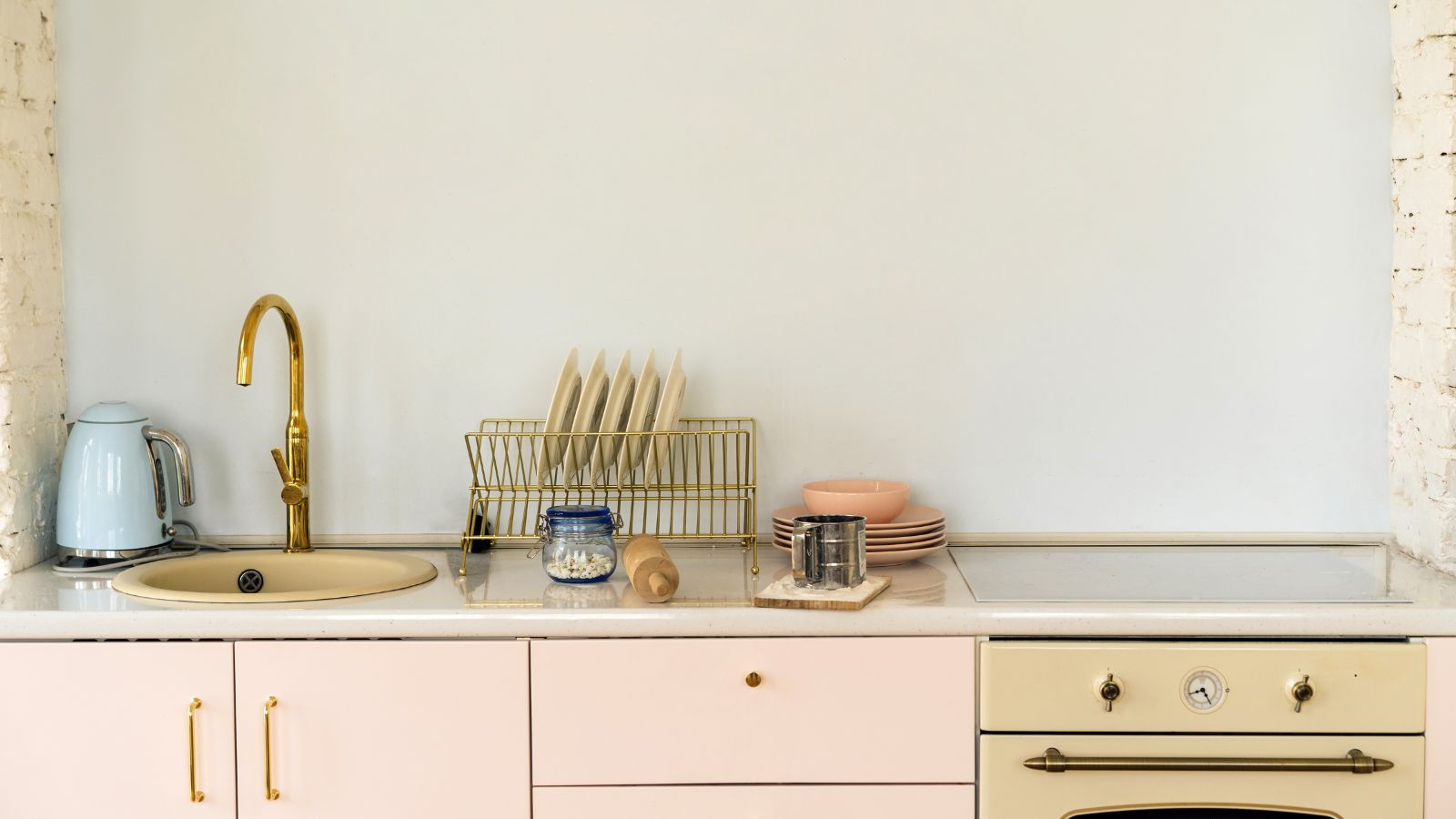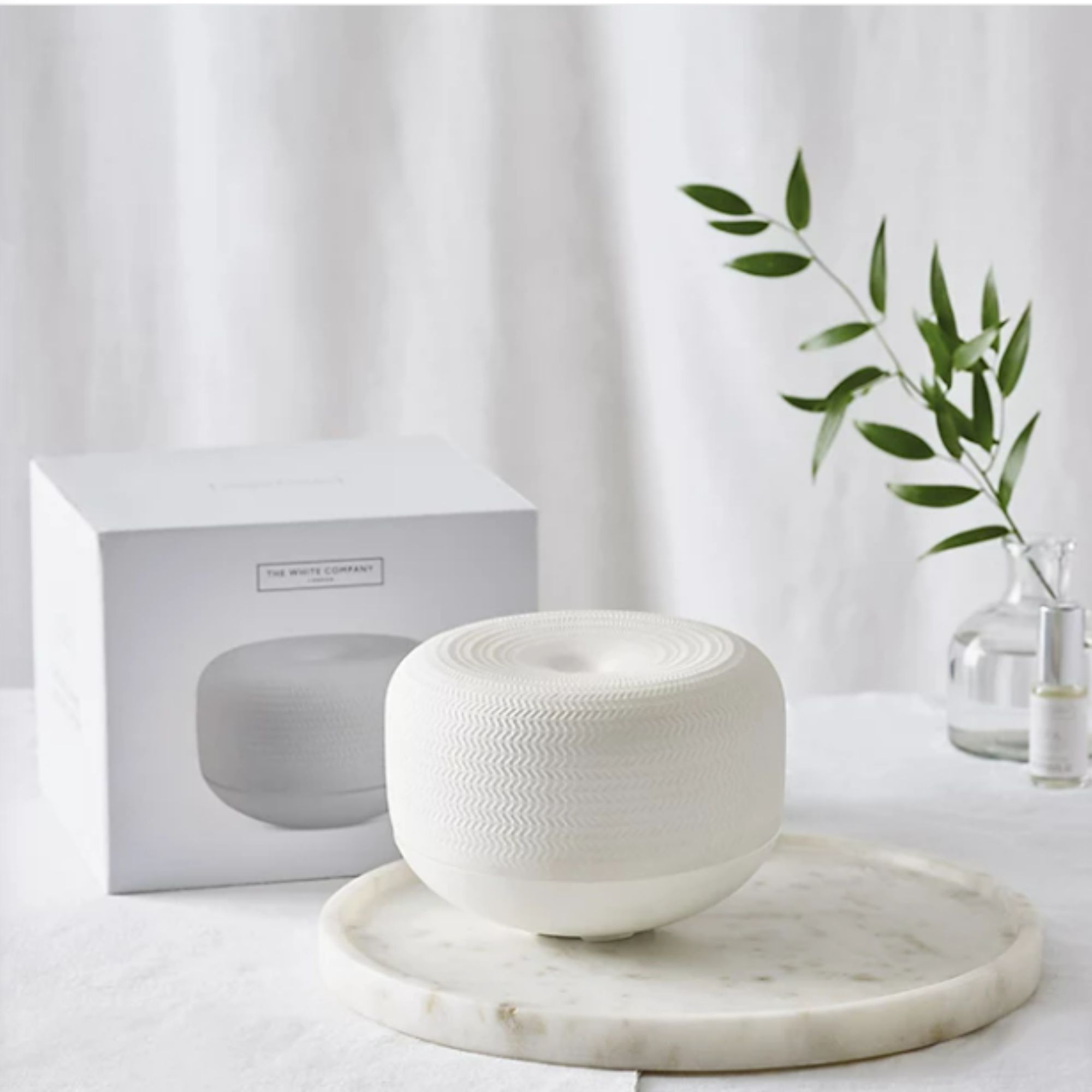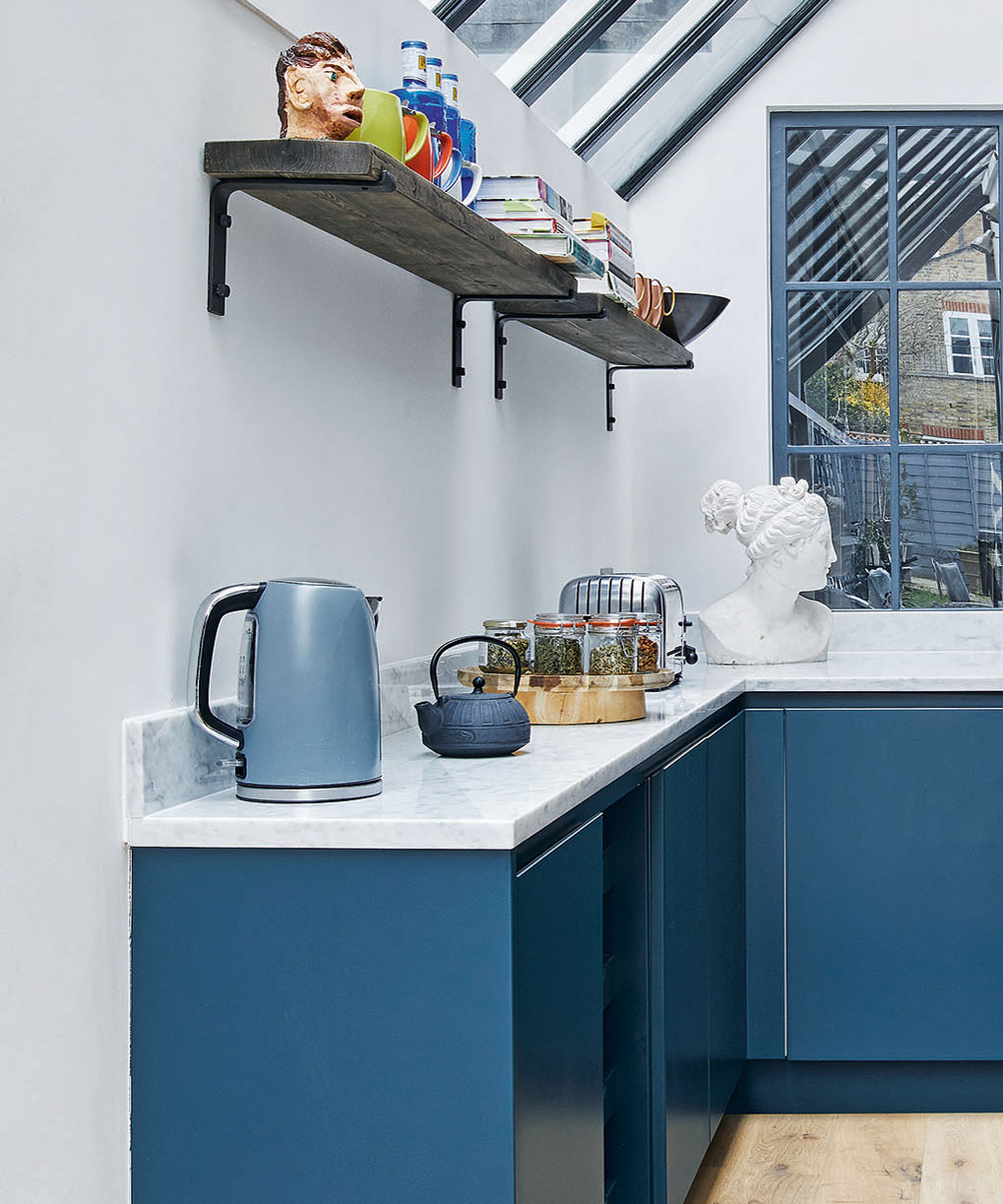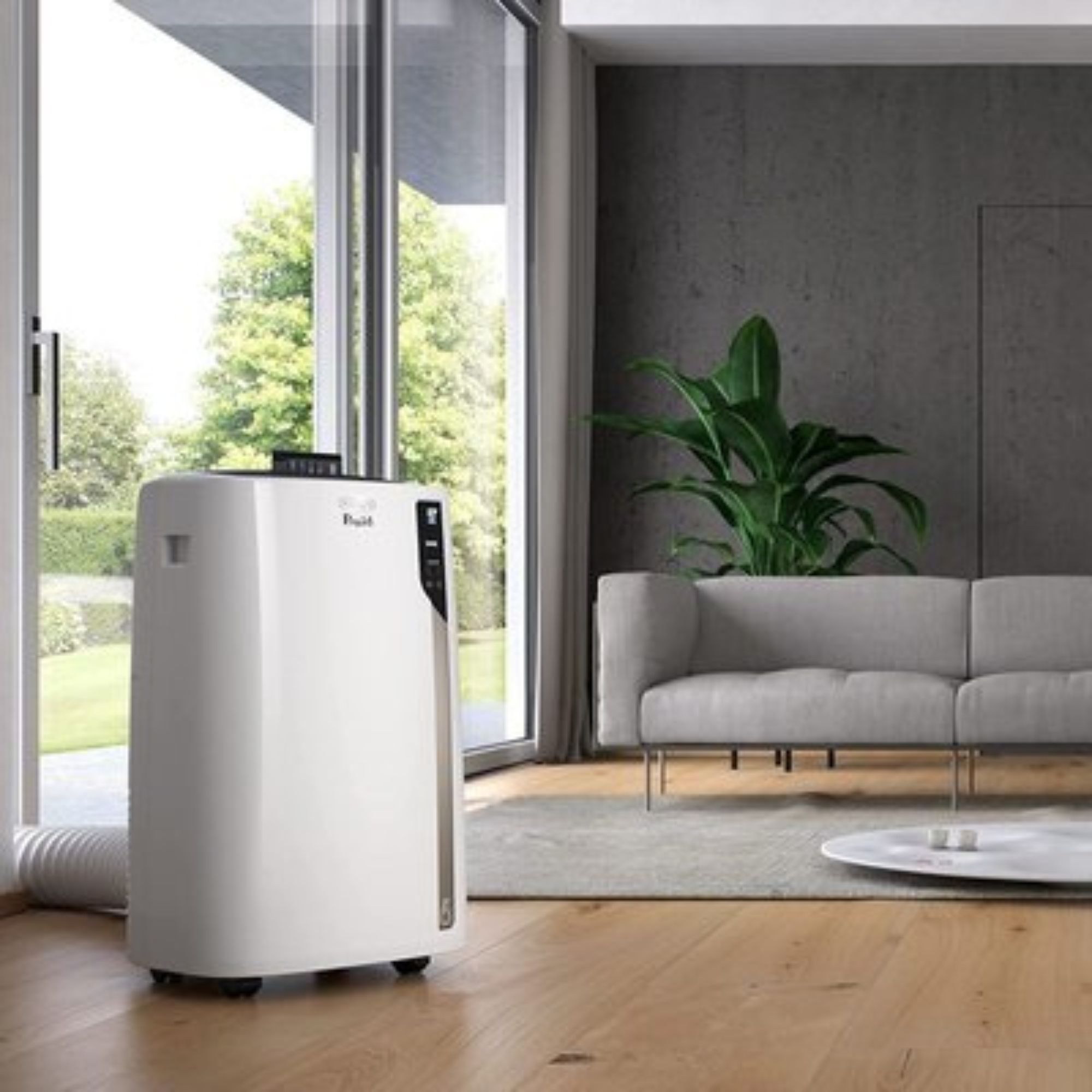
Heatwave season is a time when you really should be considering your health and safety – are you wearing high enough SPF? Are you drinking enough fluids? Is the air conditioning working in your car? But did you know that safety protocols should also be followed for your household appliances in such extreme weather, too?
Many of us will be familiar with the warning appliances can give us, indicating that they are beginning to overheat, but the struggles faced by appliances in the summer don’t just stop there. There are plenty of reasons why household appliances could benefit from being unplugged in the event of a heatwave, both to improve your home EPC rating, the safety of your home, and the appliances' longevity.
Here, electricians and appliance experts go into detail about why leaving certain household appliances plugged in during hot temperatures can pose dangers. Worry no more, as once these items are unplugged, your household will be in safe hands once again.
1. Small non-essential appliances

There are likely more appliances around your home than you’re aware of because you are so used to seeing them daily. Going around your home in the heat, and unplugging anything that isn’t in use, can work wonders in helping to protect your local area’s power grid during a time when it is already under pressure from the increasing use of cooling systems.
‘Small non-essential appliances such as chargers, personal electronics, gaming consoles, diffusers, electric toothbrush chargers, and beauty appliances that aren’t in use could all be unplugged during a heatwave,’ says Amanda Nelson, Co-Owner of Young Cardinal Electric. ‘By unplugging non-essential appliances during this time, homeowners can reduce their overall energy consumption, helping to alleviate the pull on the electrical. This small effort can collectively reduce the likelihood of power outages or brownouts in the affected area.’
Paul Karandos, Luxury Appliance Specialist at Universal Appliance and Kitchen Center, seconds this suggestion: ‘Keeping appliances unplugged that aren’t in use is good for the power grid, and it can also save you money on your electric bill!’
2. Countertop appliances

It can be difficult to unplug larger home appliances such as ovens or refrigerators as they are needed frequently and require a specific set-up process to continue running smoothly. But unplugging countertop appliances that aren’t in current use, such as kettles, toasters, or smoothie makers, is an easier thing to do mid-heatwave.
‘You’re not going to unplug your oven – and in some instances, those larger appliances are directly hardwired into the home’s electricity, so that isn’t even an option,’ says Paul. ‘But I would recommend unplugging countertop appliances when they’re not in use, as they are more susceptible to power surges, causing more potential damage than their large appliance counterparts might incur.’
Larger home appliances additionally hold a likelihood of being protected by your home’s circuit breaker, meaning they will automatically be shielded from a heatwave’s impact. ‘Larger appliances are often run to your panel on dedicated circuit breakers that will protect them from overheating by automatically shutting them off,’ says Amanda. ‘This means these large appliances and daily use appliances that are built into your home do not need to be unplugged.’
3. Air conditioning units and fans

It may surprise you in a heatwave to hear about unplugging your fans, but you don’t need to leave your seat and pull the plug right away. Just keep an eye on the temperature of these appliances, as they’ll be working overtime trying to keep a home cool in a heatwave.
‘In the extreme conditions experienced during heatwaves, appliances can be more susceptible to overheating, especially if they are older or have worn components,’ says Amanda. ‘Unplugging them reduces the risk of overheating, which can lead to malfunctions, damage to the appliance, or even fire hazards.’
Bill Gilbert, Technical Writer and Resident Appliance Expert at iFixit mentions that the excessive use of cooling systems during a heatwave can have major energy use implications as well. ‘I could imagine unplugging a window-mount air conditioner if there was potential to stress the local power grid,’ says Bill. ‘California has a program called Flex Your Power (est. early 2000’s) where they ask that certain appliances are switched off or in limited use during peak events.’
A peak event could be a heatwave, where high power use will come from everybody using their cooling systems, so keep an eye out!
4. Appliances that produce a more obvious extra heat
If your living room is adorned with lamps, for instance, you are likely adding extra warmth into your space due to their bulbs emitting heat. Yes, it may make for a cozier aesthetic and be a great alternative to basking in the lighting of your overhead, but flicking them off during the daytime in favor of natural lighting could be a simple way to cool down and prevent the worry of your bulbs overheating. If you have some time to spare, it might be a good opportunity to check what kind of bulbs you’ve been using in your lighting fixtures at home, too, as certain models accumulate more heat than others.
As Amanda concisely says, ‘The key to safe and helpful functioning during a heatwave is minimizing electrical demand where you can,’ so do what you can at home this summer. You’ll be thanking yourself in no time.







